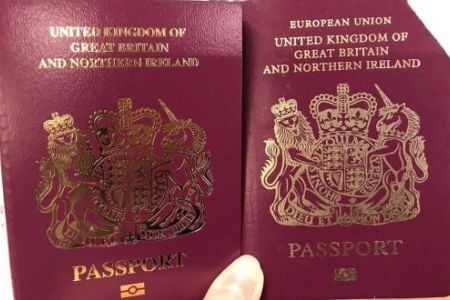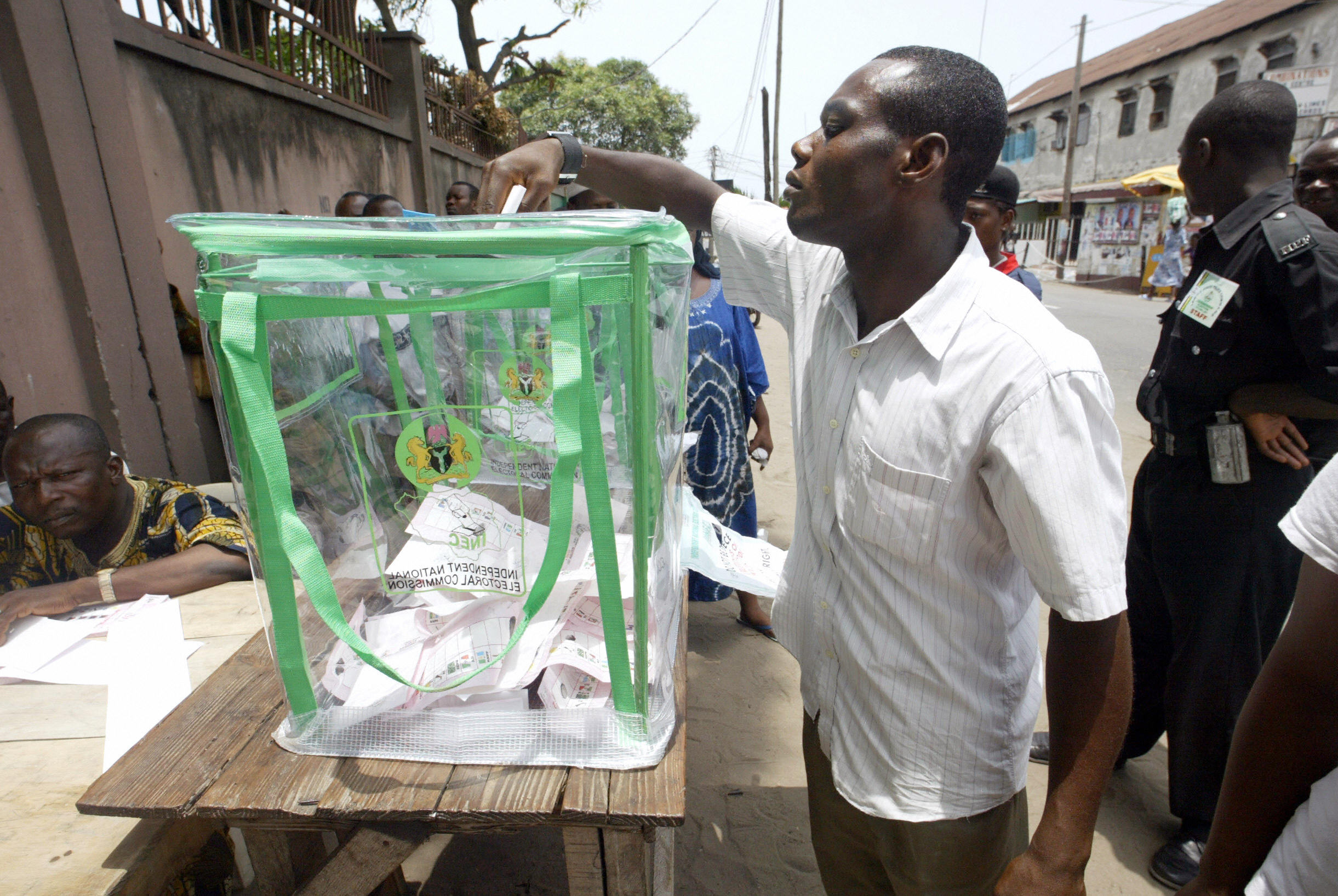The Coronavirus outbreak in Europe, back in March this year, forced the European Commission to recommend the Member States to shut down all EU ports of entry for non-EU/Schengen nationals.
One by one, all Member States, and the Schengen Associated countries moved on to close their borders despite that some of them tried to resist from undertaking such a measure at the beginning.
First came the re-establishment of border controls where there typically aren’t due to the Schengen Agreement, and then border closures for all non-residents, exempting only those in need of entering the country for essential purposes.
As the number of infection rates among the bloc saw a decrease in April and then in May, the EU started working towards the reopening of the borders and the removal of border controls.
While the EU Commission will decide on June 15 whether the closure of the external Schengen Area borders should end or be extended, for third-country nationals, it is up to the Member States to open their borders.
Most of these countries reopened/announced they would be opening their borders for travellers from the Schengen Area, and the non-Schengen EU states, often only to those with lower rates of infections. While some have imposed quarantine or negative COVID-19 test results, there are others that have permitted entry into their territory without any restrictions.
Following, find the complete list of opened countries for travellers, and dates of warned opening, in reverse chronological order.
July
1, 2020
Some Portuguese regional tourist boards including Madeira and Porto Santo, have announced they plan to reopen to international tourists from July 1. The boards have noted that travellers will need to present negative test results from within 72 hours prior to departure or be tested on arrival, paid for by the local government.
July
1, 2020
Spain will grant EU travellers with permission to enter without having to quarantine. Some Spanish regions may reopen sooner than the others.
July
1, 2020
Residents of Italy two regions, Sicily and Sardinia, as well as the nationals of the following 17 countries, will be able to enter the territory of Malta next month: Germany, Austria, Cyprus, Switzerland, Iceland, Slovakia, Norway, Denmark, Hungary, Finland, Ireland, Lithuania, Israel, Latvia, Estonia, Luxembourg, and the Czech Republic.
June
15, 2020
France is planning to open its borders on June 15, given that the situation does not worsen in the meantime.
The quarantine will not be obligatory for travellers from EU; however, such a measure can be imposed in a reciprocity move to the nationals of countries that require French citizens to go through quarantine or present negative COVID-19 test results.
June
15, 2020
Iceland will open its borders to EU and Schengen Area travellers, while at the same time offering everyone Coronavirus tests as a way to avoid quarantine.
June
15, 2020
Nationals of the following countries will be eligible to enter the Dutch territory: Belgium, Bulgaria, Germany, Estonia, Italy, Croatia, Latvia, Lithuania, Luxembourg, Portugal, Slovenia, and the Czech Republic.
June
15, 2020
Travellers from the following 29 countries will be eligible to travel to Greece for non-essential purposes: Albania, Australia, Austria, Northern Macedonia, Bulgaria, Germany, Denmark, Switzerland, Estonia, Japan, Israel, China, Croatia, Cyprus, Latvia, Lebanon, Lithuania, Malta, Montenegro, Hungary, Romania, New Zealand, Norway, Serbia, Slovakia, Slovenia, South Korea, Czech Republic, and Finland.
June
15, 2020
Germany will lift a travel warning for non-essential trips to 31 European countries, including the UK, replacing it with individual travel warnings for each country.
June
15, 2020
The Danish Ministry of Foreign Affairs has decided to allow its citizens to travel to Germany, Iceland and Norway, by changing the travel advice for these three countries from risk level ‘orange’ to the risk level ‘yellow’.
June
15, 2020
Switzerland will open its borders for all European Union Member states including Britons, as well as citizens of the Schengen Associated Countries – Liechtenstein, Norway, and Iceland. Italians will also be permitted to enter the country despite a prior proposal to keep an entry ban for Italy in place.
June
15, 2020
Norway and Denmark will allow each other’s citizens to enter their territories, advising travellers to respect the rules and protection measures related to the Coronavirus pandemic, in order to avoid another outbreak in any of the two countries.
June
15, 2020
Travellers from the Schengen Area and the European Union, including the United Kingdom, will be eligible to enter Belgium, upon a decision of the National Security Council, as a part of Phase 3 of the transition plan.
June
15, 2020
France and Germany plan to remove border traffic restrictions, while from May to now, both countries have gradually eased several restrictions.
June
5, 2020
Slovakia opened its borders with Austria and Hungary due to a favourable epidemiological situation in the territories of both countries.
All persons who own a Slovak permanent or temporary residence or persons residing in Hungary or Austria may come to Slovakia without a time limit, without the obligation to quarantine or submit a negative test for COVID-19 when entering the Slovak Republic through border crossings from these two countries.
June
4, 2020
Austrian authorities have opened their borders for the nationals of the neighbouring countries – Switzerland, Liechtenstein, Germany, the Czech Republic, Slovakia, Hungary or Slovenia – after keeping them closed for over two months. Travellers from Italy remain ineligible to enter the country.
June
4, 2020
In the early morning of June 4, Thursday, Slovakia resumed the unrestricted regime of travel with the Czech Republic, making it possible to move between the two countries just as before the outbreak of the pandemic.
All persons who own a Slovak permanent or temporary residence or persons residing in the Czech Republic, Hungary, or Austria may come to Slovakia without a time limit, without the obligation to quarantine or submit a negative test for COVID-19 when entering the Slovak Republic.
June
3, 2020
Italy opened its borders for tourists for the EU and the Schengen Area, without any restrictions. Only EU nationals coming from a third country will have to undergo two weeks of quarantine.
June
1, 2020
Estonia opened its borders for the residents of the European Union / Schengen Area Member States and of the United Kingdom, while only some of them are subject to the 14 days quarantine.
According to the rules, people coming to Estonia from an EU/Schengen country that has a higher rate of infected people than 15 per 100,000, will have to remain in quarantine for two weeks upon arrival in Estonia.
June
1, 2020
Lithuania abolished border controls with Latvia as the number of infections in both countries decreased in the previous weeks.
June
1, 2020
Lithuania lifted an entry ban for citizens and legal residents of Austria, Bulgaria, Croatia, Cyprus, Denmark, the Czech Republic, Finland, Estonia, France, Germany, Greece, Hungary, Iceland, Italy, Latvia, Liechtenstein, Luxembourg, the Netherlands, Norway, Poland, Romania, Slovakia, Slovenia, and Switzerland.
The move was taken after Lithuania asserted that the incidence of COVID-19 in these countries is less than 15 cases of infected persons per 100,000 citizens in the last 14 days, while also lifting the two-week self-quarantine requirement for these travellers.
May
28, 2020
Croatia reopened its borders for the citizens of 10 European countries: Slovenia, Hungary, Austria, the Czech Republic, Slovakia, Estonia, Latvia, Lithuania, Poland and Germany.
The restriction was lifted due to the satisfactory epidemiological situation in these countries. Travellers are obliged to comply with general and special recommendations of the Croatian Institute of Public Health.
May
26, 2020
The Ministry of the Interior of the Czech Republic lifted most of the border controls at the border crossings with Germany and Austria, putting comprehensive and systematic border controls to an end, and opening all road and rail crossings for both countries.
May
26, 2020
Hungary, the Czech Republic and Slovakia reopened their borders for each other’s nationals. Persons who enter any of the three countries for stays of no longer than 48 hours are exempt from the mandatory quarantine.
May
25, 2020
Hungary is the first member of the European Union to remove the Schengen entry ban introduced earlier in March on EU Commission’s recommendation, for the nationals of a non-EEA country – Serbia.
Hungarian border authorities have permitted Serbian citizens to cross the borders and come to the country without any restrictions or requirements as quarantine and PCR negative test results.
May
22, 2020
Bulgarian authorities lifted the entry ban for European Union and Schengen area countries including San Marino, the Principality of Andorra, Vatican City State and Monaco. Only categories of persons who travelled to Bulgaria for essential purposes were exempt from quarantine.
May
16, 2020
Austria, Germany and Switzerland opened their borders for the citizens of each other who want to visit their partner, relatives, or to take part in important family events, as well as to owners of agricultural, hunting or forest areas. People needing to take care of animals were also permitted to cross the border.
May
16, 2020
Germany abolished border controls at the border with Luxembourg, on a prior decision of the German Minister of Interior Horst Seehofer.
May
15, 2020
Baltic states – Estonia, Latvia and Lithuania – abolished entry bans for each other’s citizens for non-essential purposes as they asserted that the situation regarding the Coronavirus pandemic and the level of infections is similar in all three, while at the same time abolishing a requirement of two weeks quarantine for these travellers.
May
14, 2020
Finland reopened its borders for foreign workers from the Schengen zone, including Estonian citizens who work in Finland, also enabling business trips and other necessary trips within the Schengen countries, but under strict instructions.
April
27, 2020
The Tourism Ministers of the 27 European Union Member States met through a video conference, in which meeting they discussed the option of creating a certificate of security in the sphere of tourism under the provisional name “COVID-19 passport”.
The document would refer to the health status of its owner, and enable him/her to travel to the EU and the Schengen States.
This passport would be linked to capitals being subject to “common rules and protocols” for social distancing, as well as tracking systems if there is an outbreak of infections.
Source: Sechengenvisainfo.com

![BREXIT: UK ‘removes’ European Union on new passports [Photo]](https://thenewsguru.ng/wp-content/uploads/2019/04/EU.jpg)

